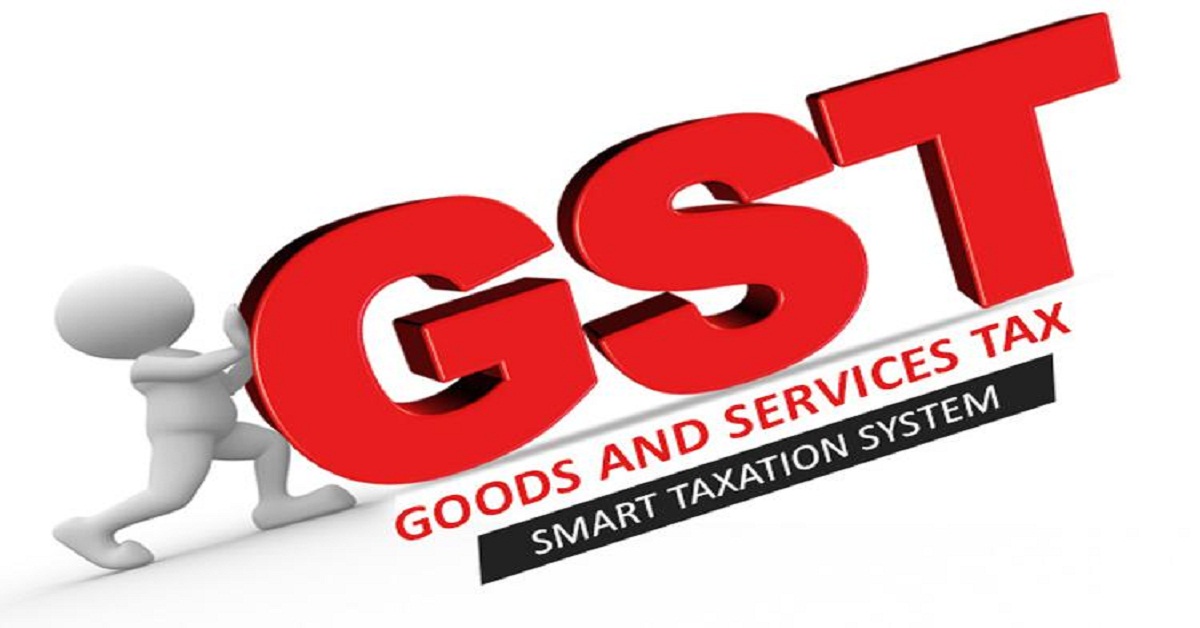
A fortnight ahead of the Union Budget, the Goods and Services Tax (GST) Council is likely to take up rationalization of rates of about 70 items, of which at least 40 are services.
With the aim to boost struggling agriculture and rural economy, and encourage clean energy, the Council is expected to rationalize rates of agriculture implements and unconventional fuel buses. It is the last Council meeting before Finance Minister Arun Jaitley presents his last full Budget on 1 February, before general elections in 2019.
Agriculture implements that are currently taxed up to 18 percent may come under the 12 percent or the 5 percent bracket.
Agriculture sector growth is projected to fall to 2.1 per cent in FY18 because of an expected drop in the rabi harvest, an almost 3 percent fall in kharif production, according to Advance Estimates by the Central Statistics Office. In the earlier meetings, the Council had lowered the rate on tractor parts from 28 percent to 18 percent.
In the last full Budget of the National Democratic Alliance government, measures to give a push to the rural, and small enterprise sectors are likely.
Among others, bio-diesel buses, which attract 28 per cent GST, may see a downward revision. Karnataka is one of the states to have given a big push to bio-diesel buses that are environmentally friendly. Karnataka State Road Transport Corporation (KSRTC) has inducted a slew of buses that run on bio-diesel.
In case of services, job works may be allowed as part of the composition scheme, which will imply a flat rate of tax and easier compliance.
Service provider aggregators such as UrbanClap, Housejoy, and Quikr that provide e-platforms to carpenters, housekeepers, and plumbers could also find relief.
They had argued against the 18 percent GST, saying it made them uncompetitive compared to neighborhood rivals. They pointed out that the service providers using the platform were below the GST threshold of Rs 2-million annual turnover. Service providers of up to Rs 500,000 a year may also be allowed to opt for composition scheme.
Rates for 176 items, including detergents, shampoos, and beauty products, was reduced from 28 percent to 18 percent, while for a few others to 12 percent at the November 15 meeting, leaving only 50 items in the highest bracket.
Meanwhile, the Council may allow a single return filing to reduce compliance burden and ease procedures for small and medium businesses. The three return forms — GSTR1 (sales supply), GSTR2 (purchase supply), and GSTR3 (the final netted out return) — may be consolidated into a single form.

Post Your Comments